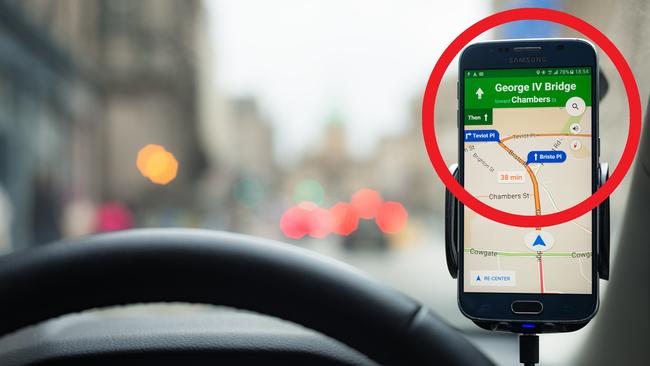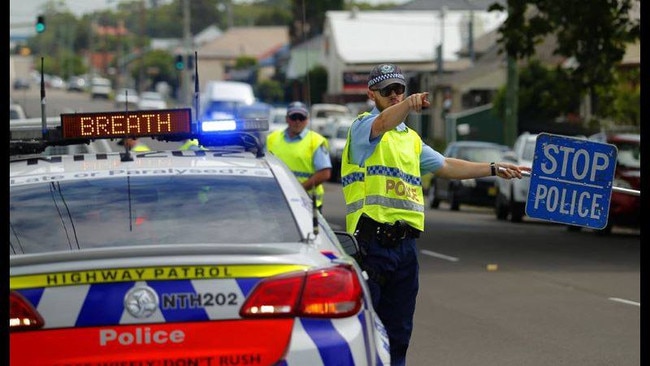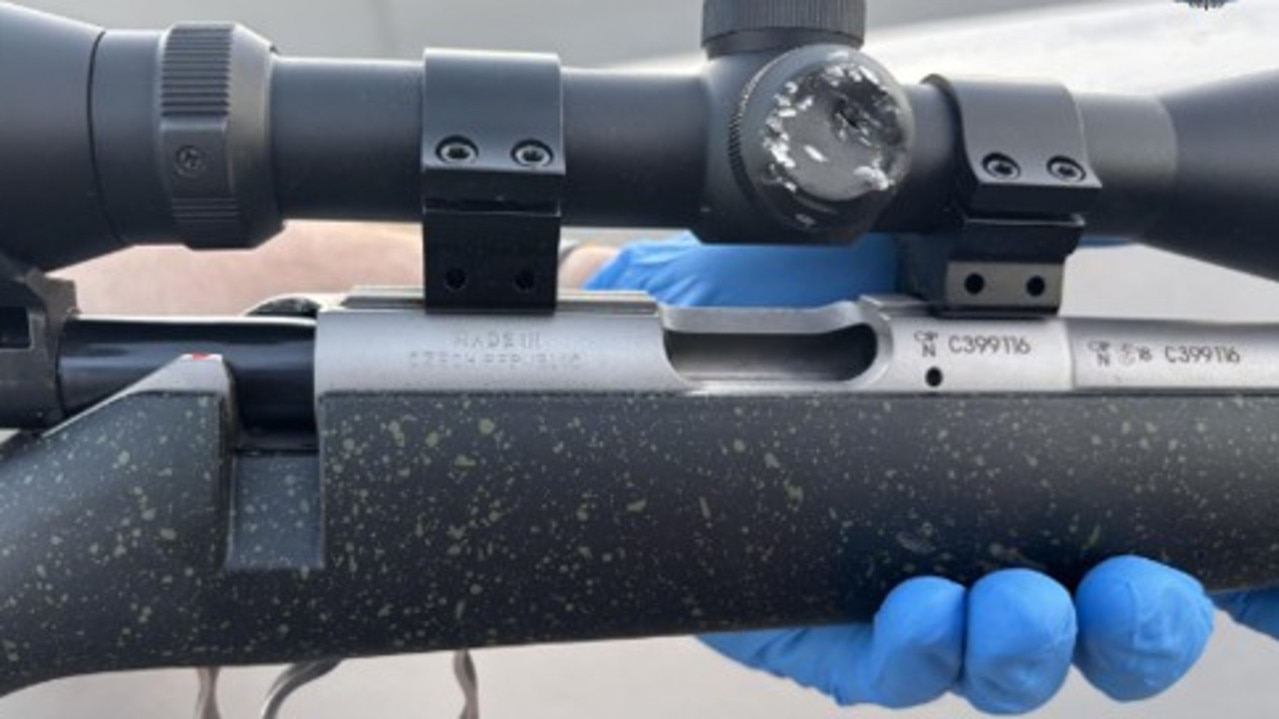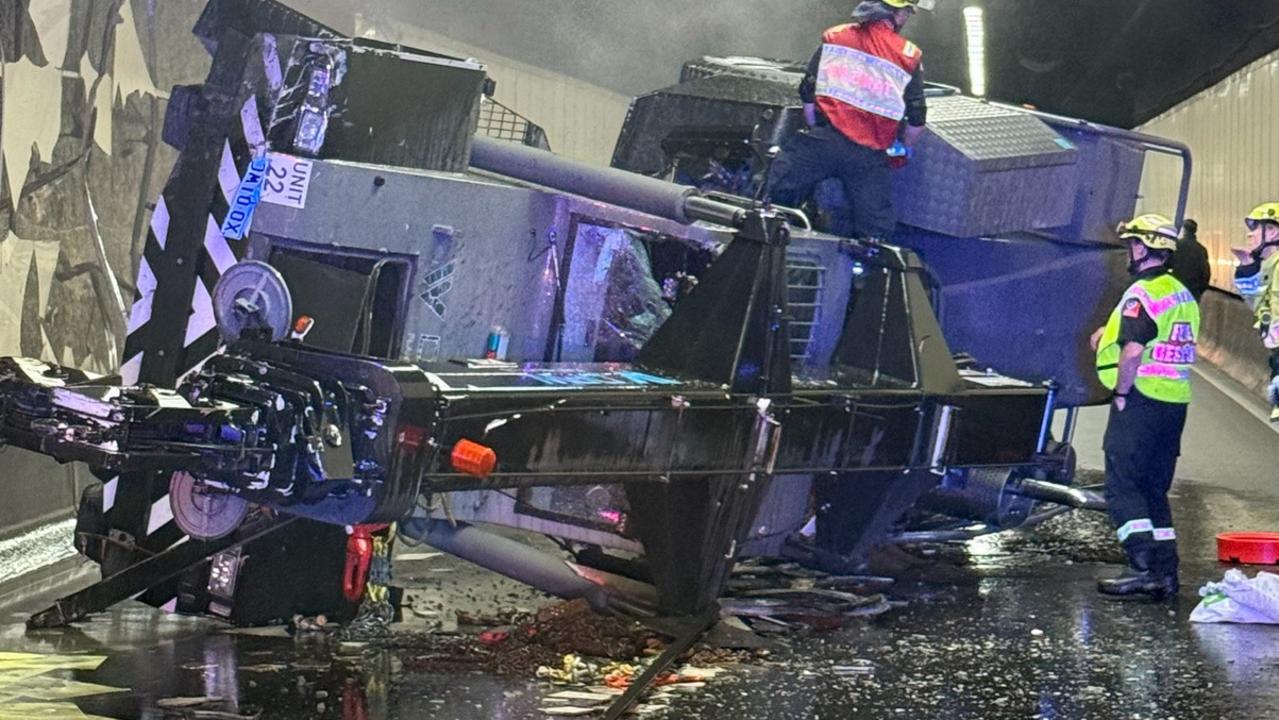P-plater’s legal rollercoaster over using phone while driving
A P-plate driver in New South Wales has lost a legal battle over using a phone as a GPS while driving.
On the Road
Don't miss out on the headlines from On the Road. Followed categories will be added to My News.
A New South Wales P-plate driver has lost a legal battle over using a phone as a GPS while driving without cellular connectivity.
On December 15, the NSW Supreme Court made a ruling that Chiqui Eseque had broken the law by using a mobile device as a GPS map guide while driving.
The Supreme Court found it irrelevant that the device did not have a SIM card and was not connected to a cellular network.
Justice Monica Schmidt ruled in favour of the Office of the Director of Public Prosecutions, who appealed a NSW Local Court Magistrate’s decision to acquit Ms Eseque due to her device not functioning as a phone.
Ms Eseque was pulled over at 1.12am on May 20, 2022, when a police officer noticed her driving with her headlights off.
Court documents stated that the officer approached her car and noticed a mobile phone mounted on a hands-free holder with the screen illuminated, displaying a GPS application.
Evidence presented to the Supreme Court included a photo of the mounted phone and part of a conversation between Eseque and the officer, Senior Constable Frencham.
“ … you have a mobile phone displaying a map which you are not allowed to have displayed. As a P-plater you are not allowed to use a phone for any reason – Just wait here a minute I’ll be back,” he said in addition to her headlights.

Ms Eseque told Snr Const Frencham she “didn’t understand” though she was issued a ticket for the headlights and charged with using a mobile phone while driving.
According to the NSW law, drivers with a Learner, P1 or P2 licence are prohibited from using a mobile phone while driving.
However, the issue was whether Ms Eseque was using the device as a “mobile phone”.
The court heard that Ms Eseque was using the device as a GPS.
The prosecution accepted the phone was mounted in a hands-free holder without a SIM card or cellular connectivity.
During the Local Court hearing, Magistrate Hugh Donnelly found Ms Eseque not guilty since the device in question was not capable of making calls and was being used solely as a GPS, which did not meet the definition of a mobile phone according to the law.
“I find in this case that I am to accept that the definition of a mobile phone just cannot be anything, there has to be some limitation to what the expression means,” he said.
“This is a case where the phone itself, there was evidence of having no SIM card.
“I may be wrong about this, but I am prepared to make a finding in this case (that) I am not able to accept beyond reasonable doubt that what was in the cradle of the car was a mobile phone.”

But the matter ended up in front of the Supreme Court this month after a DPP appeal.
The Supreme Court ultimately ruled that the device was still a mobile phone, and the DPP’s appeal was upheld.
Justice Schmidt told the court that phones can make calls without SIM cards.
“I am satisfied that the approach urged for Ms Eseque cannot be accepted and that his Honour (Donnelly) did fall into legal error in reaching his conclusions about the proper construction of the rules,” Justice Schmidt said.
“ … it cannot sensibly be concluded that a mobile phone only becomes one, when a SIM card is placed into it and ceases being one, whenever such a card is removed.
“It thus cannot be sensibly accepted, as was urged ‘that a device that does not have a SIM regardless of cellular service range, is presumed to always be incapable of receiving or sending telecommunications”.
The decision was set aside and remitted to the Local Court. Ms Eseque was ordered to pay the DPP’s costs.
Originally published as P-plater’s legal rollercoaster over using phone while driving





